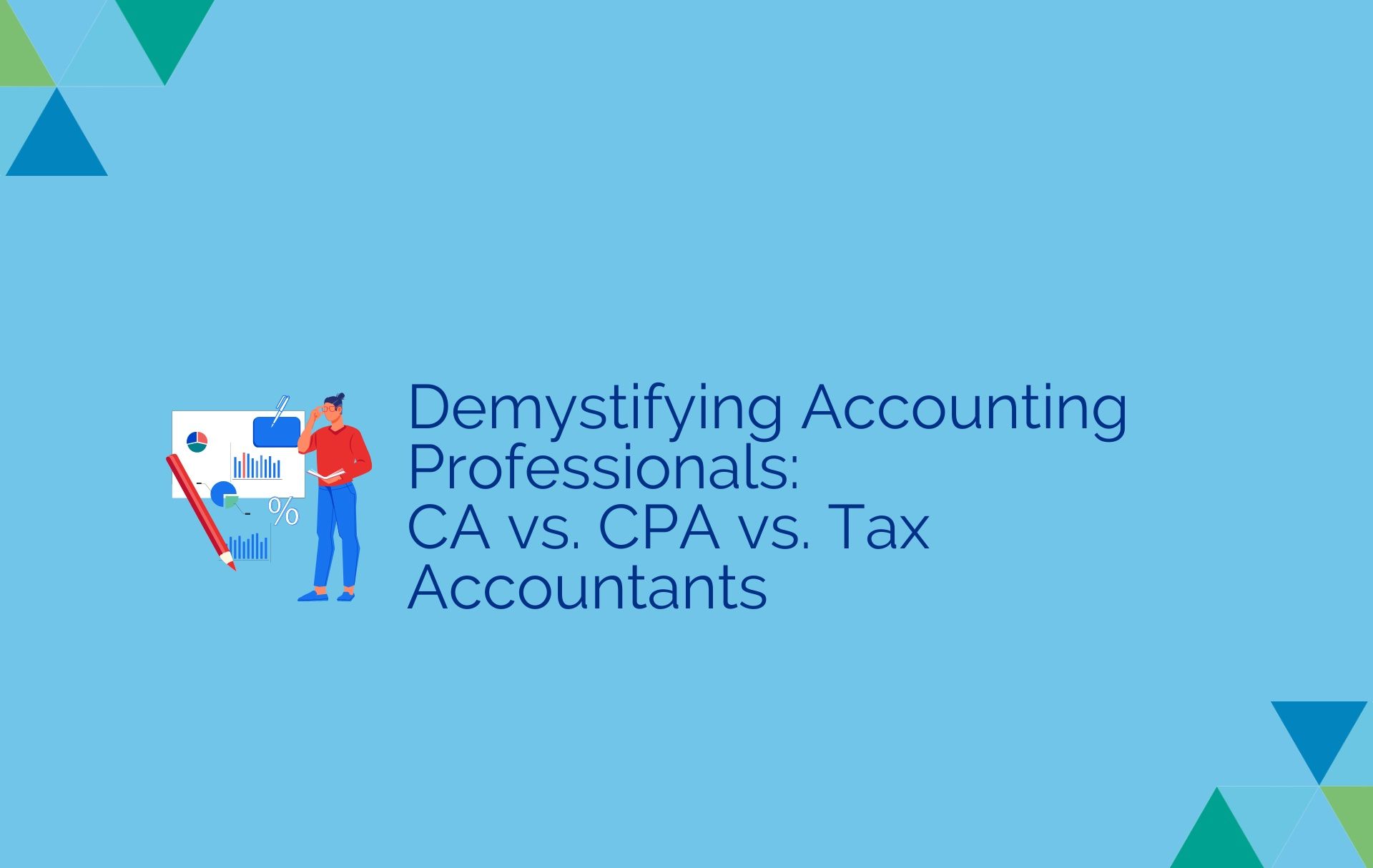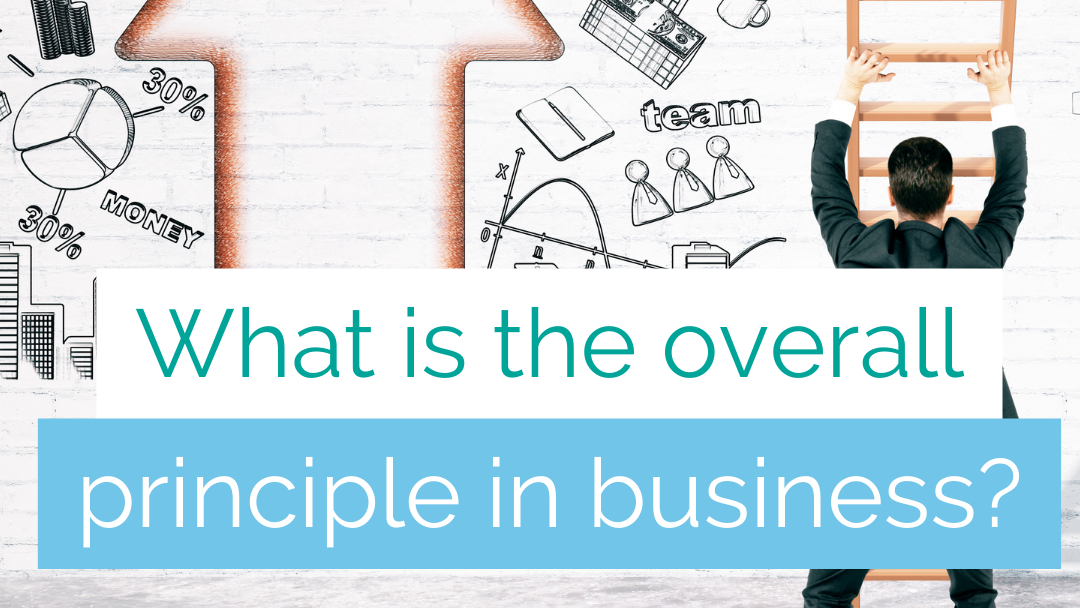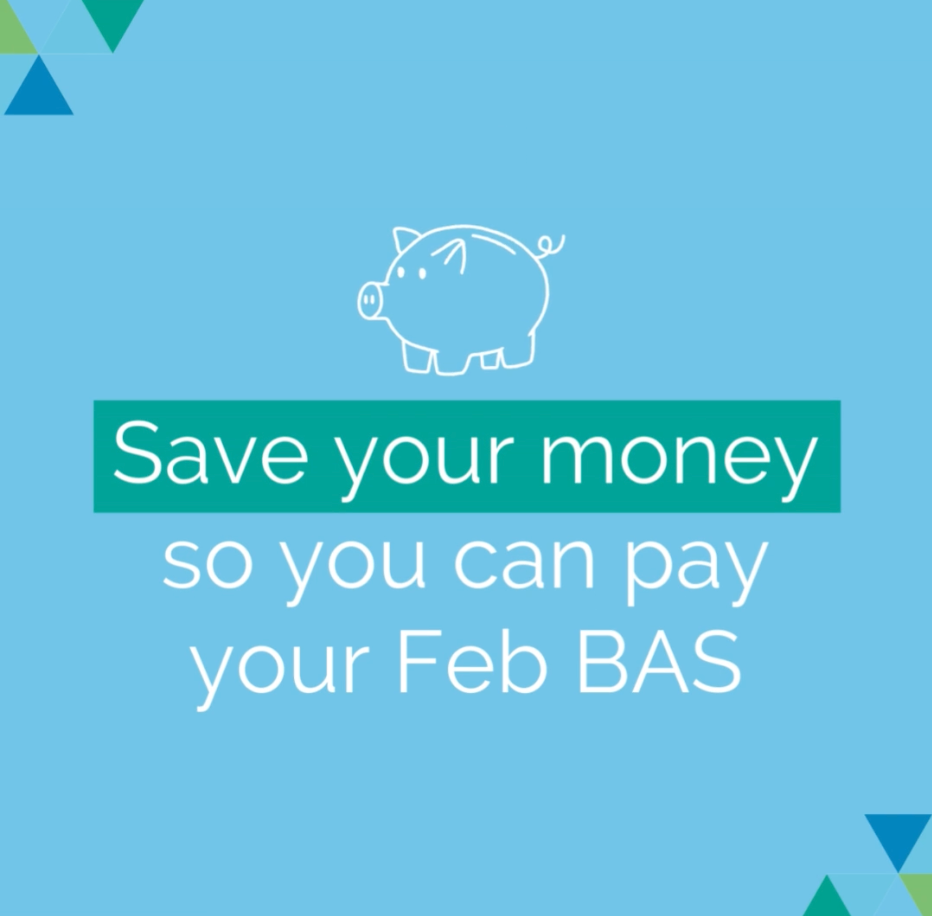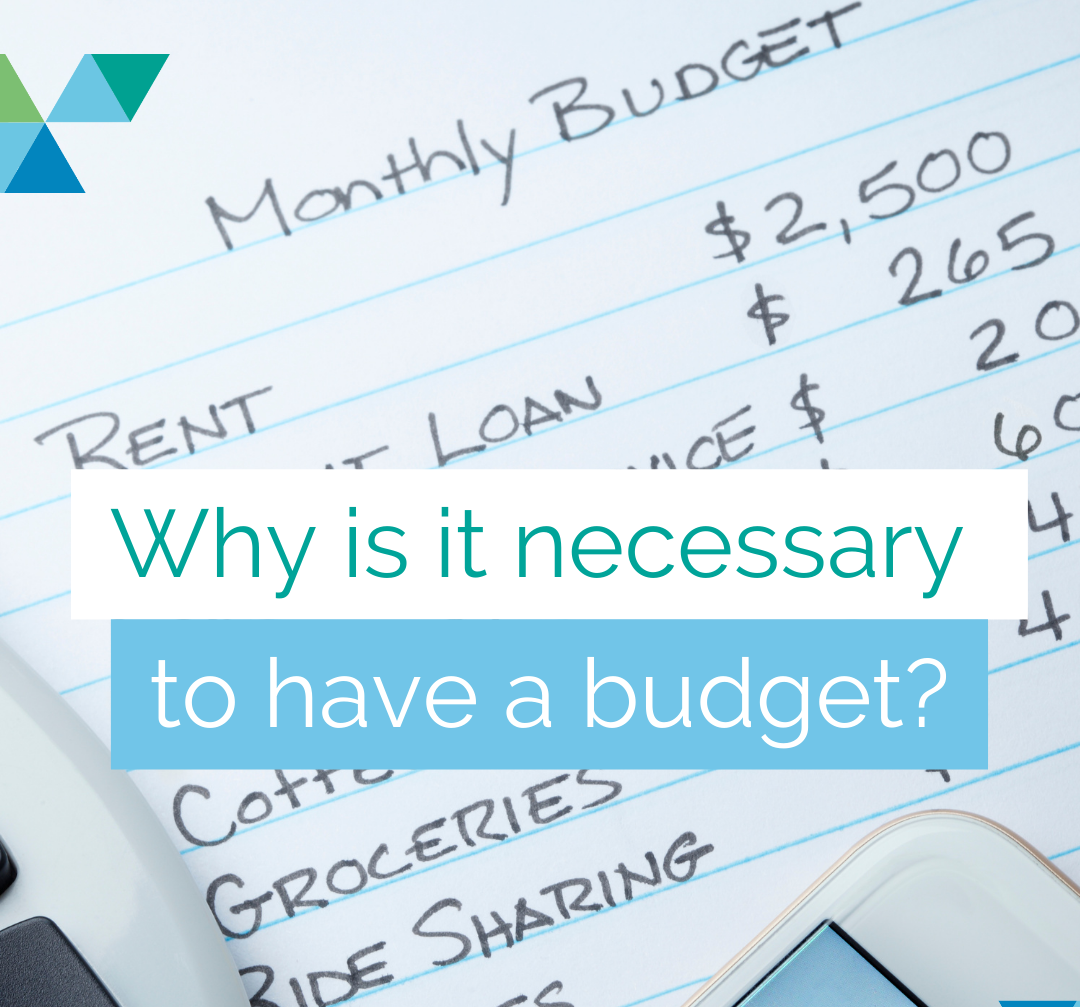Demystifying Accounting Professionals: CA vs. CPA vs. Tax Accountants

For many small business owners, managing finances can be a daunting task. To ensure financial stability and compliance, most seek the expertise of accounting professionals. However, the world of accounting offers various designations, leaving business owners perplexed about which professional to choose.
Below, we will unravel the differences between three prominent accounting designations: Chartered Accountant (CA), Certified Practicing Accountant (CPA), and Tax Accountant. Understanding their unique roles and qualifications can help you to make informed decisions when seeking accounting assistance.
1. Chartered Accountant (CA)
Chartered Accountants (CAs) are qualified professionals recognised globally for their expertise in various financial disciplines. They undergo rigorous training and examinations provided by recognised institutes, such as the Institute of Chartered Accountants Australia (ICAA) or the Chartered Accountants Australia and New Zealand (CAANZ).
Education and Qualifications:
To become a CA, candidates must possess a university degree in accounting or a related field and then complete the CA program, which includes three years of practical work experience under the guidance of a registered CA. Additionally, they must pass a series of challenging examinations to obtain their designation.
Areas of Expertise:
Chartered Accountants possess a broad range of skills, including financial reporting, auditing, tax advisory, budgeting, and strategic financial planning. Their comprehensive knowledge makes them valuable assets in navigating complex financial scenarios and providing valuable insights for business growth and sustainability.
2. Certified Practicing Accountant (CPA)
Certified Practicing Accountants (CPAs) are another distinguished group of accounting professionals, known for their proficiency in accounting, finance, and business management. The CPA designation is granted by the Certified Practicing Accountants Australia (CPAA) or CPA Australia.
Education and Qualifications:
To become a CPA, individuals typically need a degree in accounting or a related field, followed by completing the CPA program, which involves rigorous study and practical experience. Similar to CAs, they must pass a series of examinations to obtain their CPA title.
Areas of Expertise:
CPAs are well-versed in accounting, finance, and business principles. They offer valuable insights into financial management, budgeting, and cost analysis. With a strong focus on business strategy, CPAs can assist small business owners in making informed decisions and implementing sustainable financial practices.
3. Tax Accountant
A Tax Accountant specialises in providing tax-related services and advice. They play a crucial role in helping businesses comply with tax regulations and minimise their tax liabilities, ultimately maximising their financial resources.
Education and Qualifications:
There are no specific designations for tax accountants in Australia. Some tax accountants have backgrounds as CAs or CPAs and some may also have completed specialised tax courses and hold memberships in professional tax organisations.
Areas of Expertise:
Tax Accountants excel in tax planning, preparation, and compliance. They keep themselves updated with the latest tax laws and regulations, ensuring that businesses meet their tax obligations efficiently. Moreover, tax accountants can assist small business owners in identifying potential tax deductions and credits, optimising tax returns, and minimising the risk of audits.
Choosing the Right Professional for Your Business
The decision of hiring the right accounting professional depends on the unique needs and goals of your small business. Here are some considerations to help you make an informed choice:
1. Business Strategy and Management
If your business requires a wide range of financial services, such as strategic planning, financial advice, assistance in decision making auditing and financial reporting, a Chartered Accountant or a Certified Practicing Accountant will be the ideal choice due to their extensive expertise.
2. Tax Compliance and Planning
If your primary concern is complying with tax regulations and optimising tax returns, a specialized Tax Accountant can help you navigate the complexities of the tax landscape and ensure tax efficiency.
Navigating the world of accounting professionals can be challenging, however, understanding the distinctions between Chartered Accountants (CA), Certified Practicing Accountants (CPA), and Tax Accountants can make the decision-making process more manageable.
By considering their unique qualifications and areas of expertise, you can select the accounting professional who best aligns with your business needs. Whether it's managing your financials, devising tax strategies, or obtaining valuable financial advice, the right accounting professional will play a crucial role in the success and growth of your small business.
Our team at Wrights CA include a mix of Certified Practicing Accountants and Chartered Accountants. If you’d like to benefit from our wide range of financial services, such as strategic planning, financial advice, assistance in decision making auditing and financial reporting, please contact one of our team at admin@wrightsca.com.au.
Important notice: This article provides information rather than financial advice. The content of this article, including any information contained in it, has been prepared without taking into account your objectives, financial situation or needs. You should consider the appropriateness of the information, taking these matters into account, before you act on any information.

Liability limited by a scheme approved under Professional Standards Legislation









